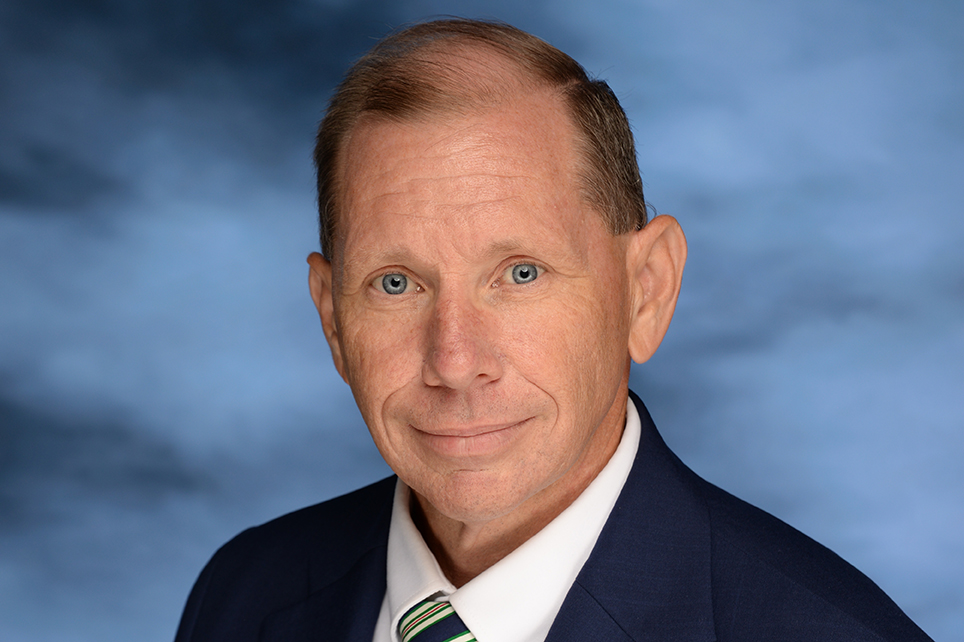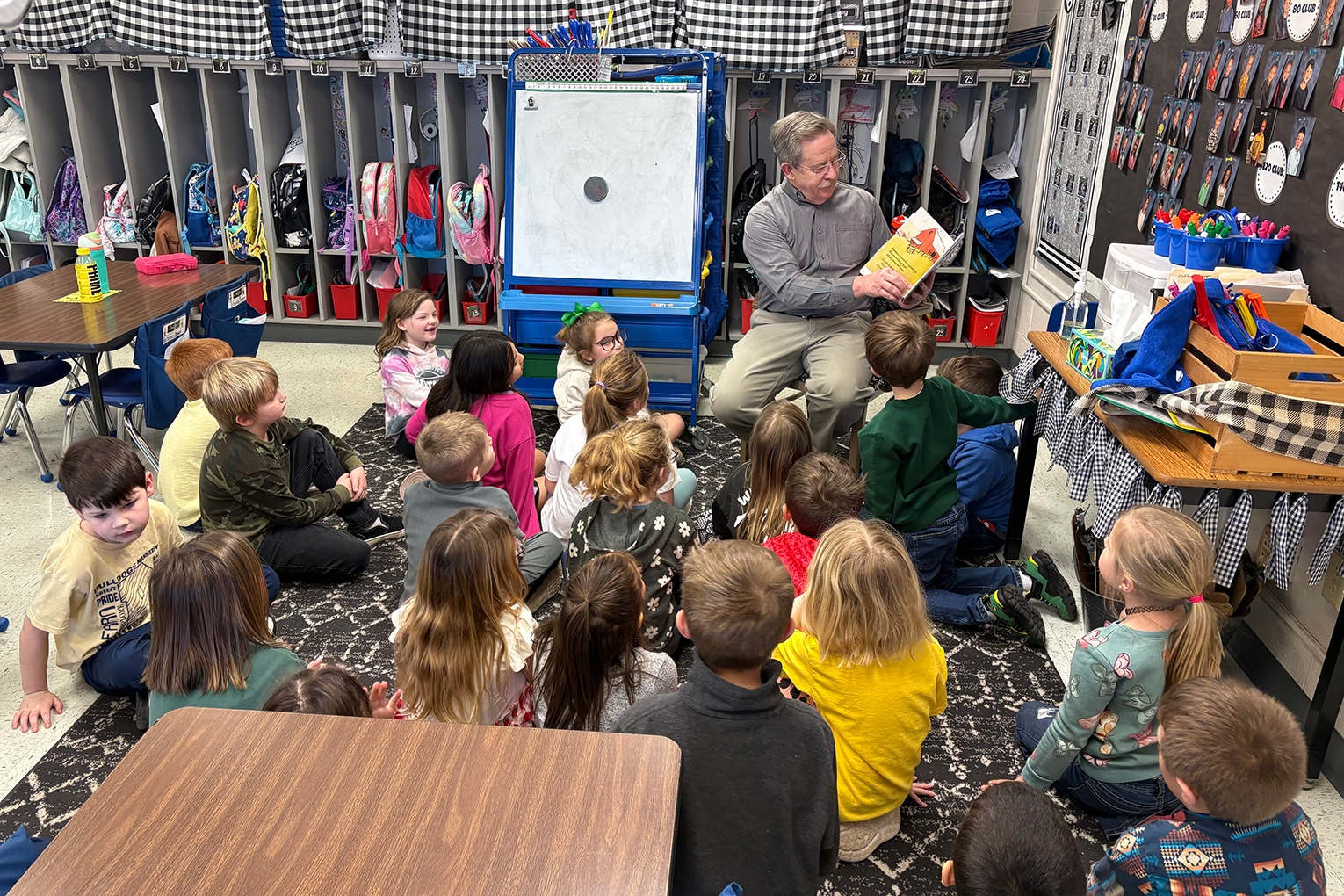Recently I received an email that started out like this:
Mrs. Trowel,
I know we have never met before but I taught many of your former science students last year. They spoke about how much they loved your class many times throughout the school year. Honestly, I felt like I could never measure up to you at times :) Anyway, I have thought many times about how much I would love to come and spend some time in your classroom and get some ideas/pointers. I would just really love for you to help mentor me to become a better science teacher in general.
Reading the letter I was humbled that this teacher wanted to come and visit me in my classroom, but more importantly I was very impressed by her outreach in response to listening to her students. I will refer to this teacher as “Ms. Reflective”. As the Professional Growth and Effectiveness System rolls out in full force t next school year, I have heard from my colleagues in various organizations and committees wanting and needing clarification on student voice.
Personally, I believe student voice is an important component in measuring teacher effectiveness. If we want to know what is working in our classroom we need to ask those who are directly being impacted, our students. There are so many positive impacts that occurred when I realized that my students must be part of the learning community in my classroom if I wanted engaged students. When students are engaged they WILL learn and it won’t be just to pass the test. There will be a love for learning and that will be evidence with new questions, independent research, and higher achievement. Even before I knew about Measure of Effective Teaching research, I saw the evidence for myself in the classroom. Before, I just clumped it all together and called it how to build rapport with my students. Now, I am realizing that valuing what my students have to say is what has brought me to be a better teacher.
With PGES, teachers are required to attend Professional Learning Community meetings if they are not doing so already. Similarly, it is stressed in my class that we are in a Learning Community. This sets the expectation that I will learn from them as they will learn from me. Listening to our students is a daily task that cannot be minimized to a one-time event. I begin the school year with a questionnaire about their attitudes about science, their study habits, and their interests. After every test or big project I ask the students to reflect on their learning and about the unit. I encourage honesty and tell them that I gauge my instruction based on their responses. Ninety-nine percent of the time the students take these reflections seriously. I do consider their perceptions in designing the next unit. For example, after my most recent unit, several students wanted to do a lab with animals, so just this week they built biospheres. At the end of the year, I ask the students to fill out the same questionnaire from the beginning of the class so they can see how their perceptions have changed and why they think that is so.
When my students feel valued and challenged (because they know when they are not), they reflect that in the Seven C’s of the student survey. Seven C’s are the components of the student survey that measures student’s perception on instruction. The Seven C’s will ask the students about the following:
- Care: My teacher in this class makes me feel that he or she really cares about me.
- Control: Our class stays busy and doesn’t waste time.
- Clarify: My teacher explains difficult things clearly.
- Challenge: My teacher wants me to explain my answers-why I think what I think.
- Captivate: My teacher makes learning enjoyable.
- Confer: My teacher wants us to share our thoughts.
- Consolidate: My teacher takes the time to summarize what we learn each day.
“Ms. Reflective” did come and spent half the day with me. She said at the end of first hour, “Your students love you!”, and in the same breath it was followed by her observations about their respect in following classroom expectations (the activity required them to be out of their seats) and their ENGAGEMENT. She asked, “How do you do it?” So I began to tell her what I did during breakfast, morning supervision. I asked several of my students to name a music group that have broken up. They mentioned Destiny’s Child, Temptations and several others I had no clue about. Of course they had to tell me about them. My students know I know very little about music and of course they think it is hysterical. This particular lesson was about the nitrogen cycle and how matter is conserved through chemical reaction in an ecosystem. So I started the class with nitrogen is like Beyonce, once she was with Destiny’s Child and now she is not, but she is still Beyonce. All the students who taught me that morning were hooked, engaged and ready to learn. And of course we shared a silent chuckle between us. Maya Angelou once said, “People will forget what you said. People will forget what you did, but they will never forget how you made them feel.”
Teachers who are working with the end in mind — student achievement – and who are willing to be the type of learner we want our students to be should have no fear or concerns with the Student Voice component of the Professional Growth and Effectiveness System. “Ms. Reflective” listened to her students, reflected on her teaching, and worked on her own professional growth plan. Student Voice will be one of the measurements used to determine teacher effectiveness. Just like businesses value customer opinions and perception, teachers must value what our students think. Student voice matters to my teaching because it matters to my students.
Melanie Trowel is the 2014 Middle School Teacher of the Year. She teaches science at the Carter G. Woodson Academy in Fayette County, and will write occasional columns for Kentucky Teacher during her year-long reign.




While I agree with everything you said, I do not agree that student voice will adequately capture what a teacher does in the classroom. I am very well known for a good “relationship” with my students. We reflect often on learning, I listen to them, we laugh and learn together. I took part in the PGES trial this year and my students did the SVS and I was disappointed with the results, Yet I ranked 3rd highest in the entire school. I have a 3.9 on my overall evaluations from all observations done, yet the SVS did not capture what I really do with and for students. Will I look at those results and work to do better? Of course, that is what I do- but if the state or a district takes SVS too seriously, I’m afraid that we have put too much faith in a young adult’s ability to really understand what we are trying to do each day in our classrooms.